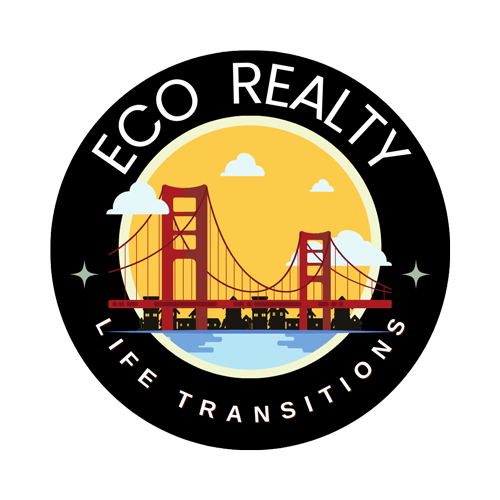Loneliness is something many older adults experience—but it doesn’t have to be part of growing older. Feeling isolated can impact everything from memory and mood to heart health. The good news? There are many ways to reconnect, especially here in California where community programs and outdoor lifestyle options abound.
Why Staying Connected Matters
Social interaction isn’t just a “nice to have”—it’s a vital part of staying healthy and happy. Older adults who stay socially active often experience lower rates of depression, sharper cognitive abilities, and even better heart health. Staying connected can boost your sense of purpose and bring more joy into daily life.
Simple Ways to Rebuild Connections
Reaching out to current friends and family is a great starting point. Even a short daily phone call or meet-up with a neighbor can make a big difference. Don’t underestimate the power of consistent, small interactions to keep loneliness at bay.
Technology Can Help
Not tech-savvy? No problem. California libraries and senior centers often offer free tech help so you can join virtual exercise classes, support groups, or even book clubs. Video chats on FaceTime or Zoom can help you stay in touch, no matter the distance.
Volunteering Brings Purpose and People
Whether it’s helping at a local food bank, mentoring a student, or walking dogs at a shelter, volunteering keeps you engaged while giving back. It’s a powerful way to feel useful and meet new people.
Pets as Companions
A pet can offer unconditional companionship. If owning one isn’t practical, spending time with a family member’s pet or volunteering at an animal shelter can provide similar benefits.
Build Social Routines into Your Day
Try to incorporate regular activities that bring people into your life. Maybe it’s morning coffee with a friend, a weekly walk at the park, or a class at the local community center. These habits make socializing feel natural.
Support Through Grief
Loss is a common part of aging. Grief support groups, often available through churches, hospice groups, or senior centers, provide emotional comfort and valuable human connection.
Ask for Help When You Need It
If loneliness is affecting your mental or physical health, speak with your primary care provider. They can screen for depression and help connect you with supportive services or counseling.
Rediscover Joy
Think about what brings you joy. Whether it’s music, gardening, or creative projects, doing things you love not only improves your mood but often leads to connection with like-minded people.
Ways to Stay Social and Active
The North Bay is rich with opportunities to stay engaged. Senior centers, libraries, and local nonprofits offer everything from game nights and fitness classes to educational workshops. Many Area Agencies on Aging coordinate group outings, meal programs, and wellness events.
The outdoor lifestyle also invites connection—whether it’s gardening in a community plot, joining a walking club, or just enjoying a park bench chat. There’s something about fresh air that makes connection easier.
Don’t Let Transportation Be a Barrier
Getting out and about is easier with the help of local senior transportation services. Discounted public transit, shuttle vans, and volunteer driver programs are widely available across the state. Check in with your local Area Agency on Aging for options nearby.
A Message to Families and Friends
If you have an older loved one who lives alone or seems less engaged, reach out. A simple coffee invite, a regular check-in call, or encouraging them to join a local activity can go a long way. Helping them get comfortable with virtual chats or social media can also open up new ways to connect.
Final Thoughts
Loneliness doesn’t have to be a part of aging. With many resources and a bit of intention, older adults can stay engaged, connected, and active. Whether it’s reconnecting with old friends, trying something new, or simply spending time outdoors, every small step can lead to a more fulfilling, connected life.

